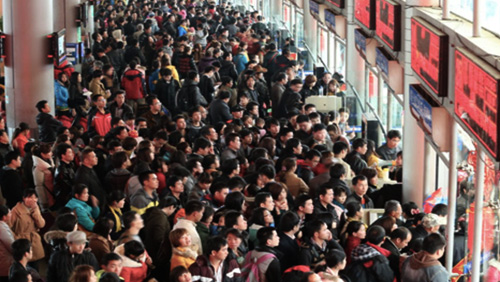Macau is starting to seriously consider ways it can either reduce, or profit off of, it’s flood of new tourists. The autonomous region’s government is now considering a tourist tax, reports GGRAsia.
 The idea was announced by Maria Helena de Senna Fernandes, bureau head of Macao Government Tourism Office. She said, “We are conducting a comparative study of [tourist] taxes being implemented in places like Venice [in Italy]… and Japan.”
The idea was announced by Maria Helena de Senna Fernandes, bureau head of Macao Government Tourism Office. She said, “We are conducting a comparative study of [tourist] taxes being implemented in places like Venice [in Italy]… and Japan.”
The purpose of the study, at least for now, is to understand why those locations put tourist taxes in place, and what benefits they’ve realized as a result. She noted though that those jurisdictions were not looking to curb visitor volume, but rather to increase tax revenue for development.
Following the news, MGM China Holdings CEO Grant Bowie declared that if a tourist tax should be put in place, the revenues from it should be used to promote additional tourism. He said, “Frankly, I think the government of Macau is particularly fortunate and has a very sustainable and solid financial position at this point in time.”
This news follows the recent shutdown of lawmaker Sulu Sou, who’s bill to put a cap on tourism was shot down almost unanimously by the Macau assembly. He proposed that bill because he felt that the sudden increase in tourism was hampering the cities infrastructure, and putting pressure on local businesses through higher rents.
Macau has apparently reached some sort of consensus that it’s increasing tourism needs to be addressed in some manner. A cap on tourism, which would have cut off the area’s best source of income, might have not been an appealing idea for anyone. A tourist tax, on the other hand, could help fill the government’s coffers, and in turn, help them subsidize infrastructure projects, provide more benefits to their citizens, and generally help them maintain the system they have built so that it can thrive in the future.
Bowie’s idea to feed back into tourism campaigns, while clearly a plan that would help operators like MGM, could also help the region continue to maintain growth and compete with regional competitors like South Korea and the Philippines, who are starting to court Chinese gamblers that Macau relies so heavily on.